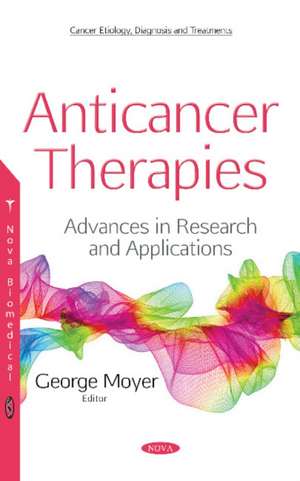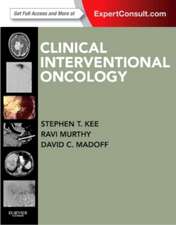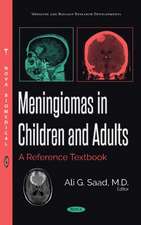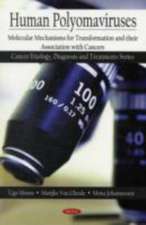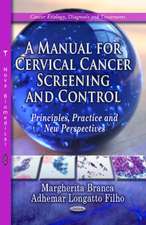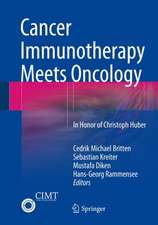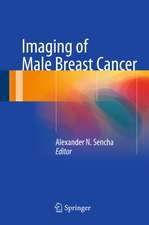Anticancer Therapies: Advances in Research & Applications
Editat de George Moyeren Limba Engleză Hardback – 14 oct 2017
Preț: 1214.81 lei
Preț vechi: 1412.31 lei
-14% Nou
Puncte Express: 1822
Preț estimativ în valută:
232.48€ • 252.44$ • 195.28£
232.48€ • 252.44$ • 195.28£
Carte disponibilă
Livrare economică 01-15 aprilie
Preluare comenzi: 021 569.72.76
Specificații
ISBN-13: 9781536126112
ISBN-10: 153612611X
Pagini: 154
Dimensiuni: 180 x 260 x 20 mm
Greutate: 0.45 kg
Editura: Nova Science Publishers Inc
Colecția Nova Science Publishers Inc
ISBN-10: 153612611X
Pagini: 154
Dimensiuni: 180 x 260 x 20 mm
Greutate: 0.45 kg
Editura: Nova Science Publishers Inc
Colecția Nova Science Publishers Inc
Cuprins
Preface; Complementary Therapies with Traditional Chinese Medicine for Gynecological Cancers & Breast Cancer: Evidence from Experimental Research to Clinical Study; Androgen Deprivation Therapy for the Treatment of Prostate Cancer; Early Menarche, Late Menopause & Advancing Age: Risk Factors for Breast Cancer; The Significance of Synthetic Peptides in Liver Cancer Management; CRISPR/Cas9 System: A Double Edged Sword in Cancer; The Role of an Insulin-like Growth Factor (IGF) in Carcinogenesis; Telomerase Activity & Its Effect on Cancer Cells; Cytokeratin 19: A Forecasting Immunohistomarker for the Detection of Thyroid Carcinomas; The Importance of Nanotechnology in Diagnosis of Liver Cancer; The Role of BRCA1 & BRCA2 Gene Mutation in Breast Cancer Progression; Ascorbate & Cancer Therapy: Possible Support from Dietary Habits; The Role of Caspase Substrates in Apoptosis; Index.
